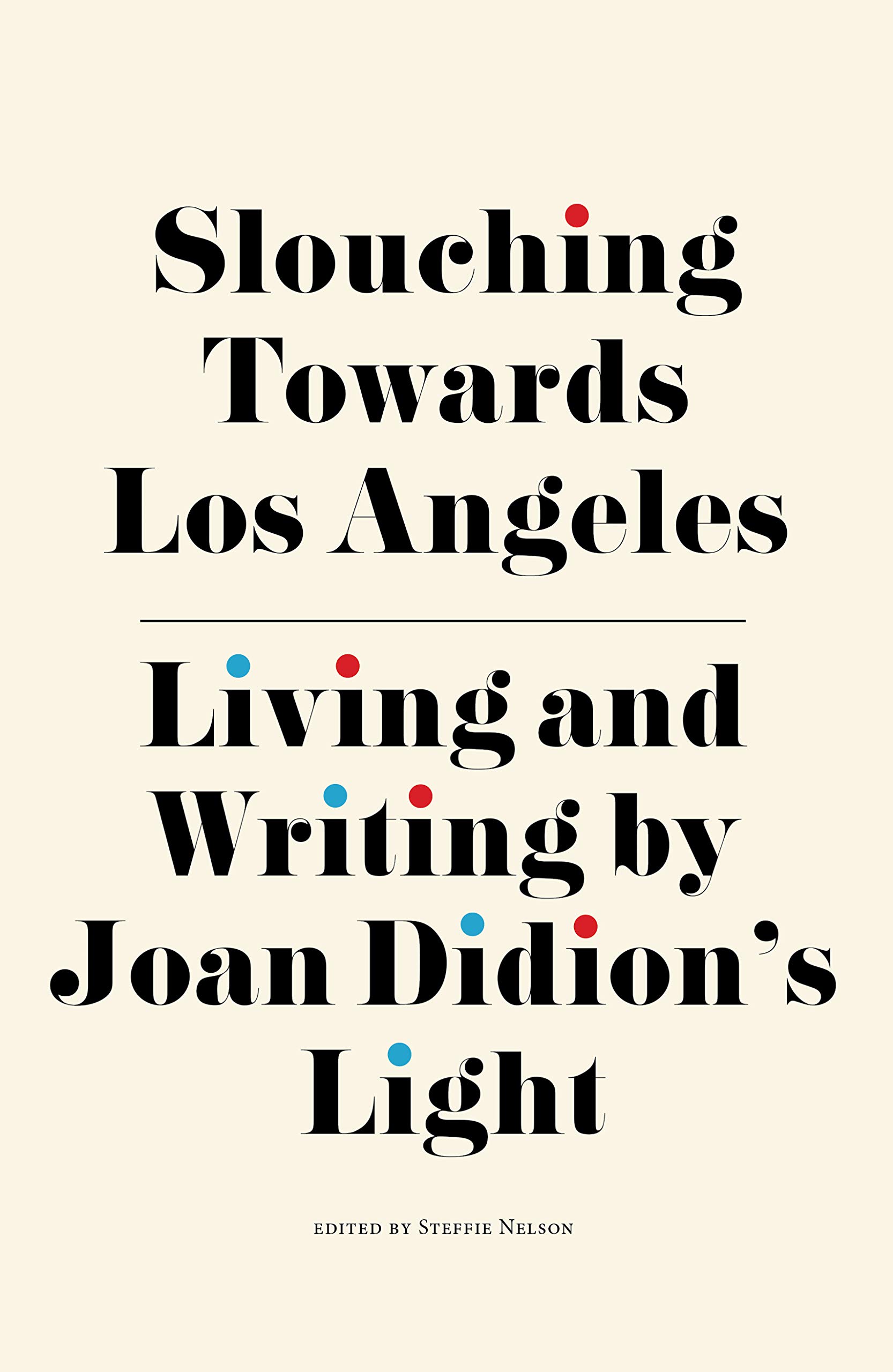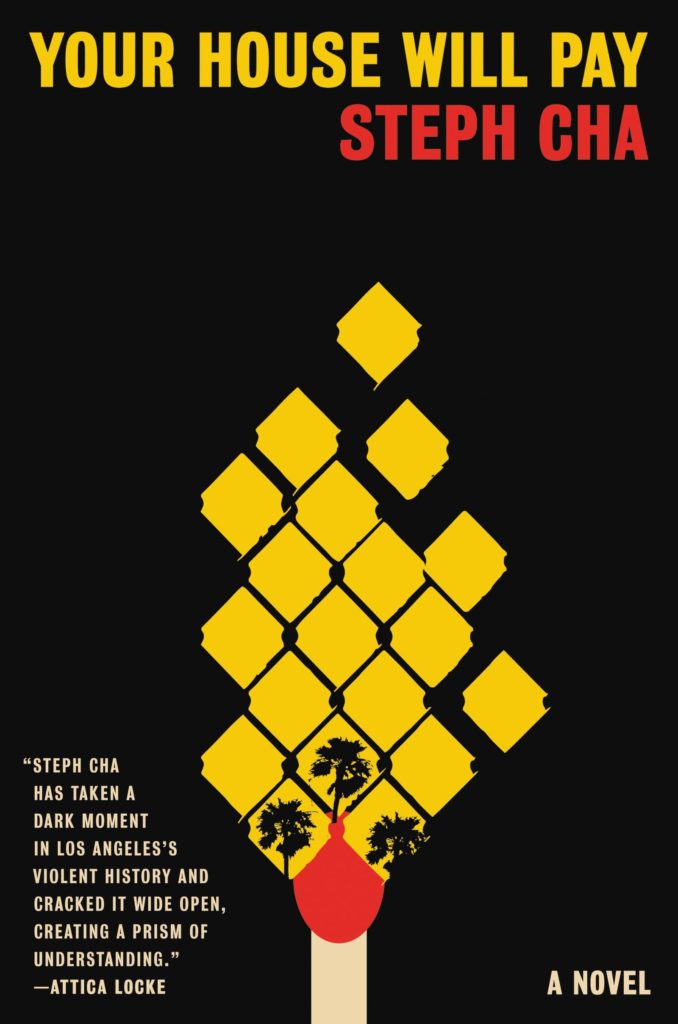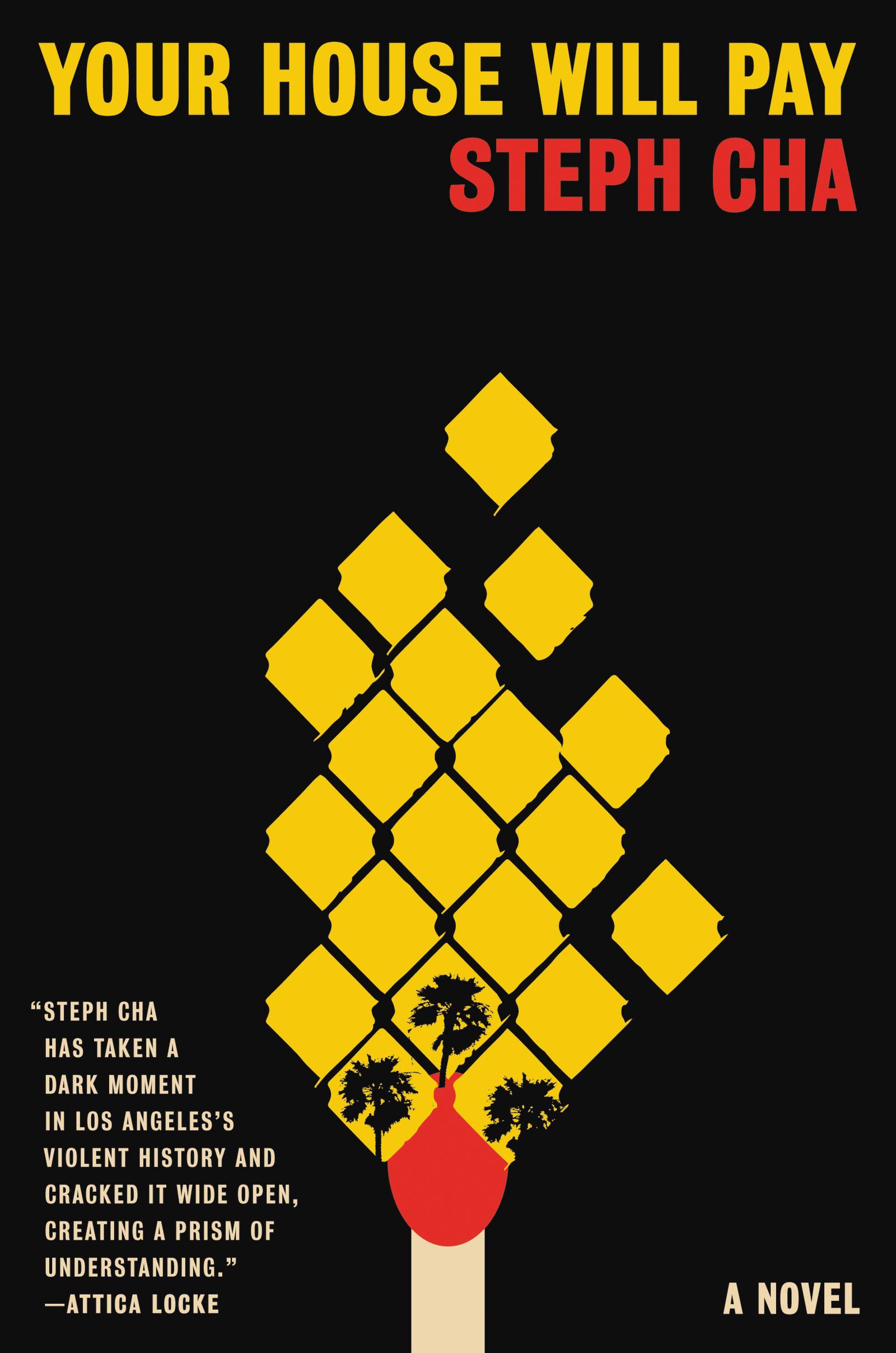“Slouching Towards Los Angeles: Living and Writing by Joan Didion’s Light is a collection of twenty-five essays, edited by Steffie Nelson, exploring the myriad ways in which Joan Didion has influenced and shaped contemporary writers.”


“Slouching Towards Los Angeles: Living and Writing by Joan Didion’s Light is a collection of twenty-five essays, edited by Steffie Nelson, exploring the myriad ways in which Joan Didion has influenced and shaped contemporary writers.”

 Steph Cha is the author of four novels including the Juniper Song mystery series (Follow Her Home, Beware Beware, Dead Soon Enough) and most recently, Your House Will Pay,
Steph Cha is the author of four novels including the Juniper Song mystery series (Follow Her Home, Beware Beware, Dead Soon Enough) and most recently, Your House Will Pay,  a highly-anticipated and well-reviewed book about the aftermath of the 1992 L.A. riots and the relationship between the Korean and African-American communities. Steph Cha spoke about the narrative possibilities of crime fiction at the UC Riverside Low-Res MFA December residency. I sat down with her afterward to talk about Los Angeles, Palmdale, writing different races, and a little about food.
a highly-anticipated and well-reviewed book about the aftermath of the 1992 L.A. riots and the relationship between the Korean and African-American communities. Steph Cha spoke about the narrative possibilities of crime fiction at the UC Riverside Low-Res MFA December residency. I sat down with her afterward to talk about Los Angeles, Palmdale, writing different races, and a little about food.
The Coachella Review: One of the things I like about your books is your appreciation for Koreatown in Los Angeles. You’re from the Valley. What was your relationship to Koreatown like growing up?
Steph Cha: Koreatown was probably what I thought of as L.A. because we lived in the suburbs and we would go into L.A. for dinner or go to the market because a lot of the stuff was there. My grandma lived in Koreatown, so when we went into Central Los Angeles it was to go to K-Town. It was always a major part of my map of Los Angeles, but I didn’t necessarily know the surrounding areas.

 Ripples from the past resurface in Steph Cha’s new novel, Your House Will Pay.
Ripples from the past resurface in Steph Cha’s new novel, Your House Will Pay.
At the time of the writing of this review, veteran journalist K. Connie Kang had recently died after writing about the Korean community for the the Los Angeles Times. Kang gave voice to the Koreatown community affected by the riots in the wake of the Rodney King verdict. Journalists like Kang are burdened with adhering to the idea of truth, while the creative writer can entreat memory and personal experience in finding a truth that fits within the framework of their own grief. It’s these personal stories, the prejudiced tales told within families, that Steph Cha explores in her new novel, Your House Will Pay. Through the frame of early ‘90s race-tinged LA and our current grapple with race politics and police brutality, Cha ably depicts greater Los Angeles as it is: a melded body of bedroom communities, sun-bleached strip malls, and liquor stores threaded together by a dozen distinct cultures and a violent history. It’s in this context that the book examines the idea of transgressing the familial stories we think define us and finding a part of ourselves that can separate from the past. As one character observes: “This is when shit gets permanent. The choices you make are gonna stick, they’re going to follow you.”